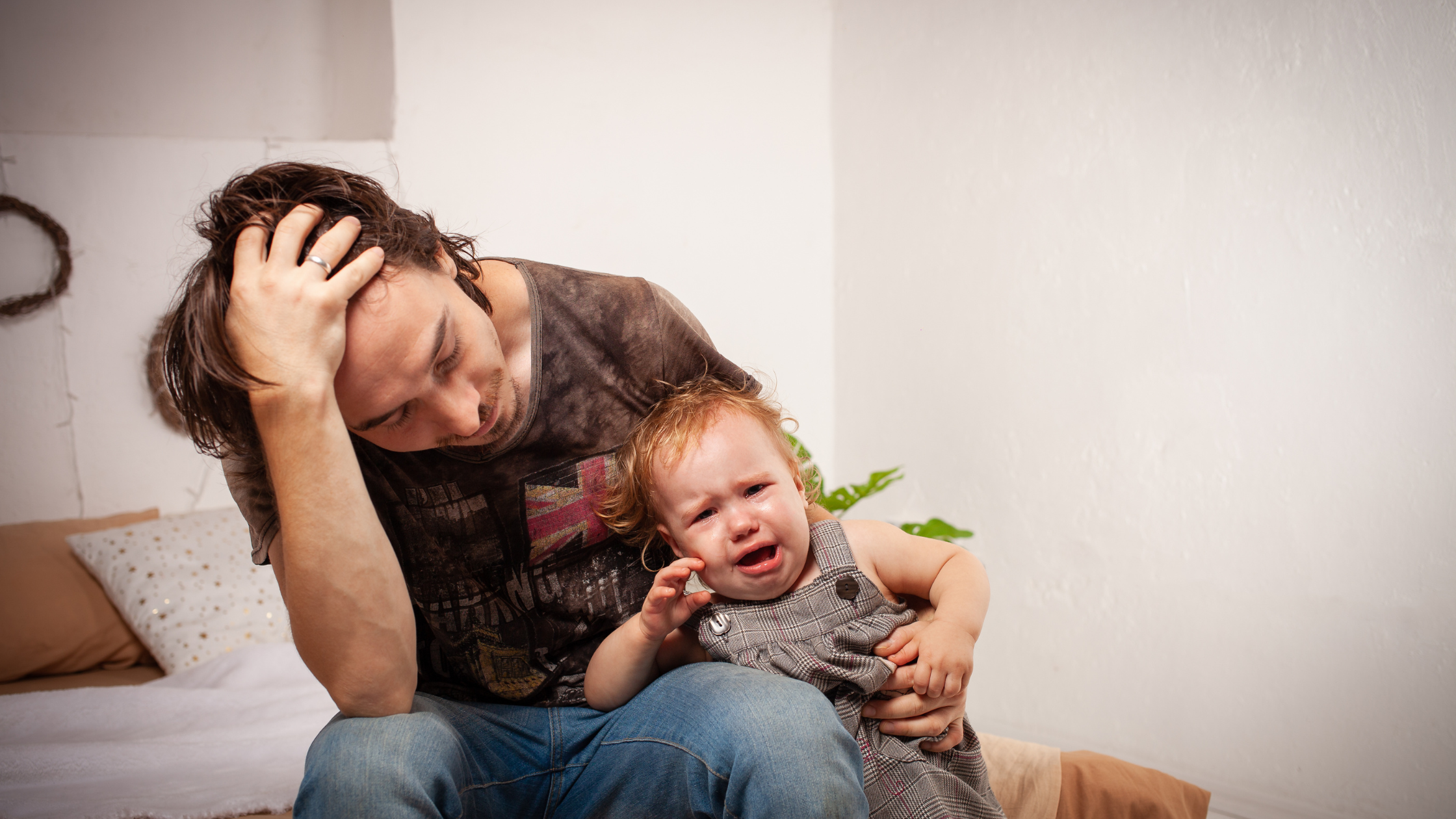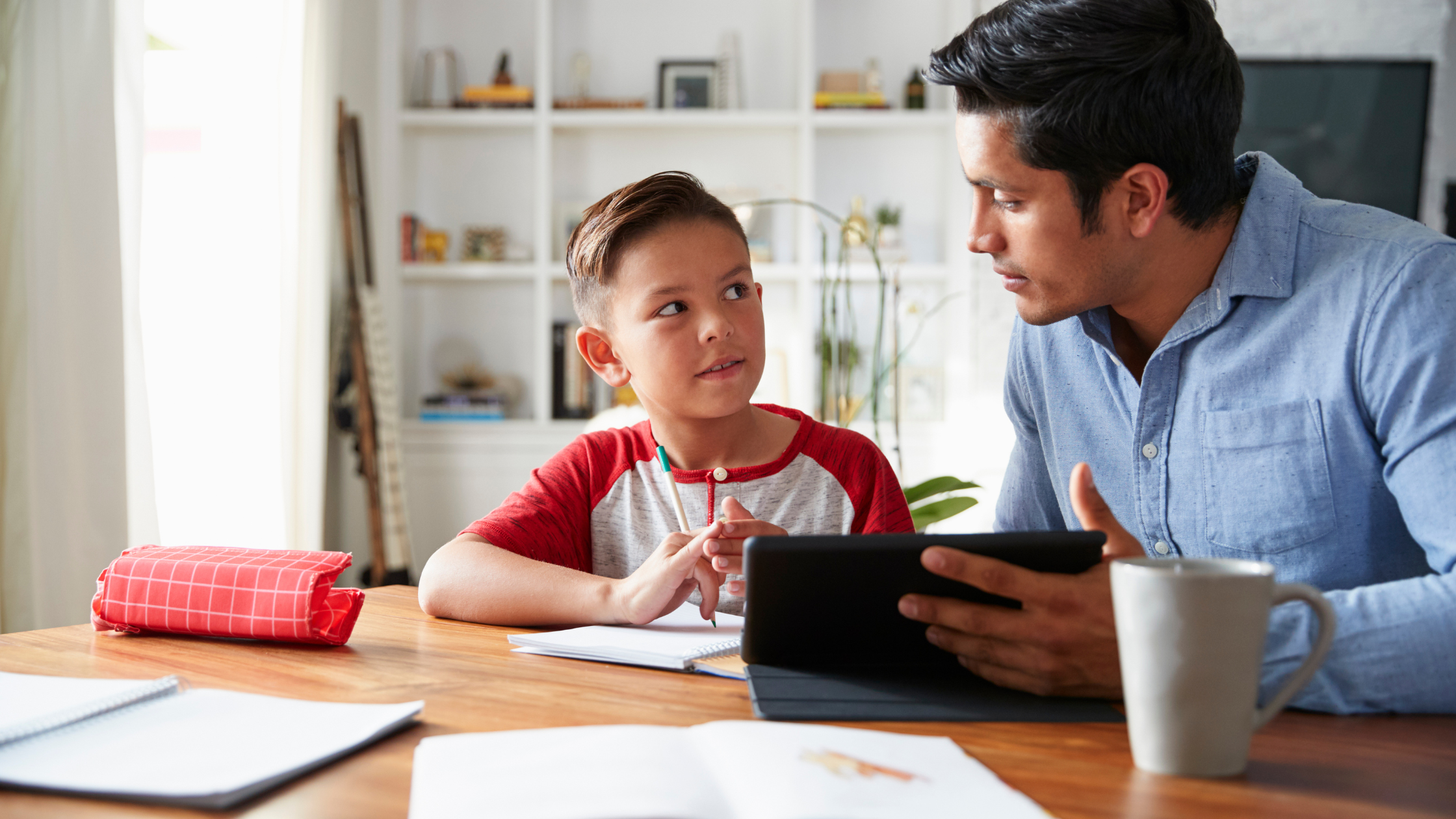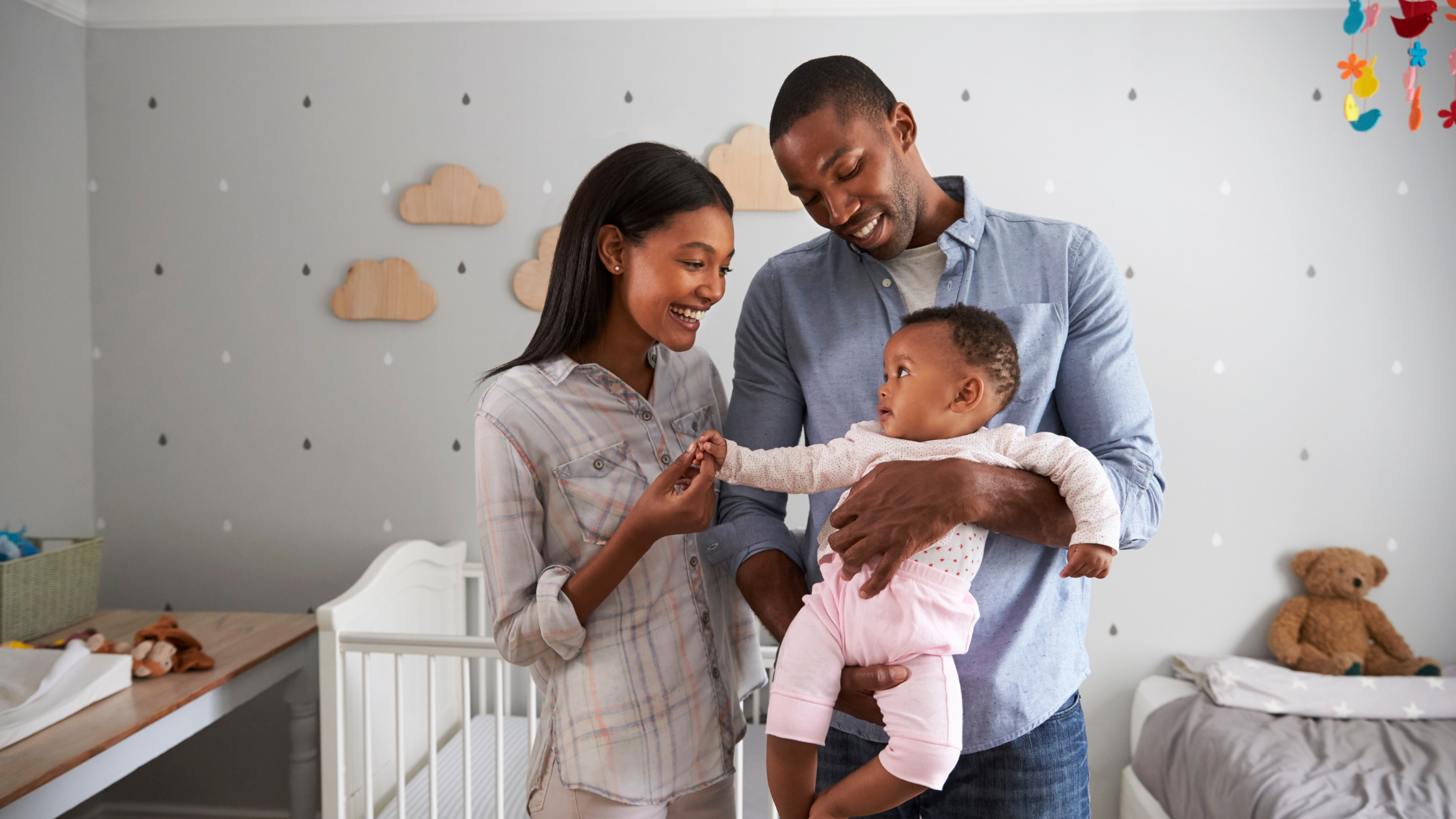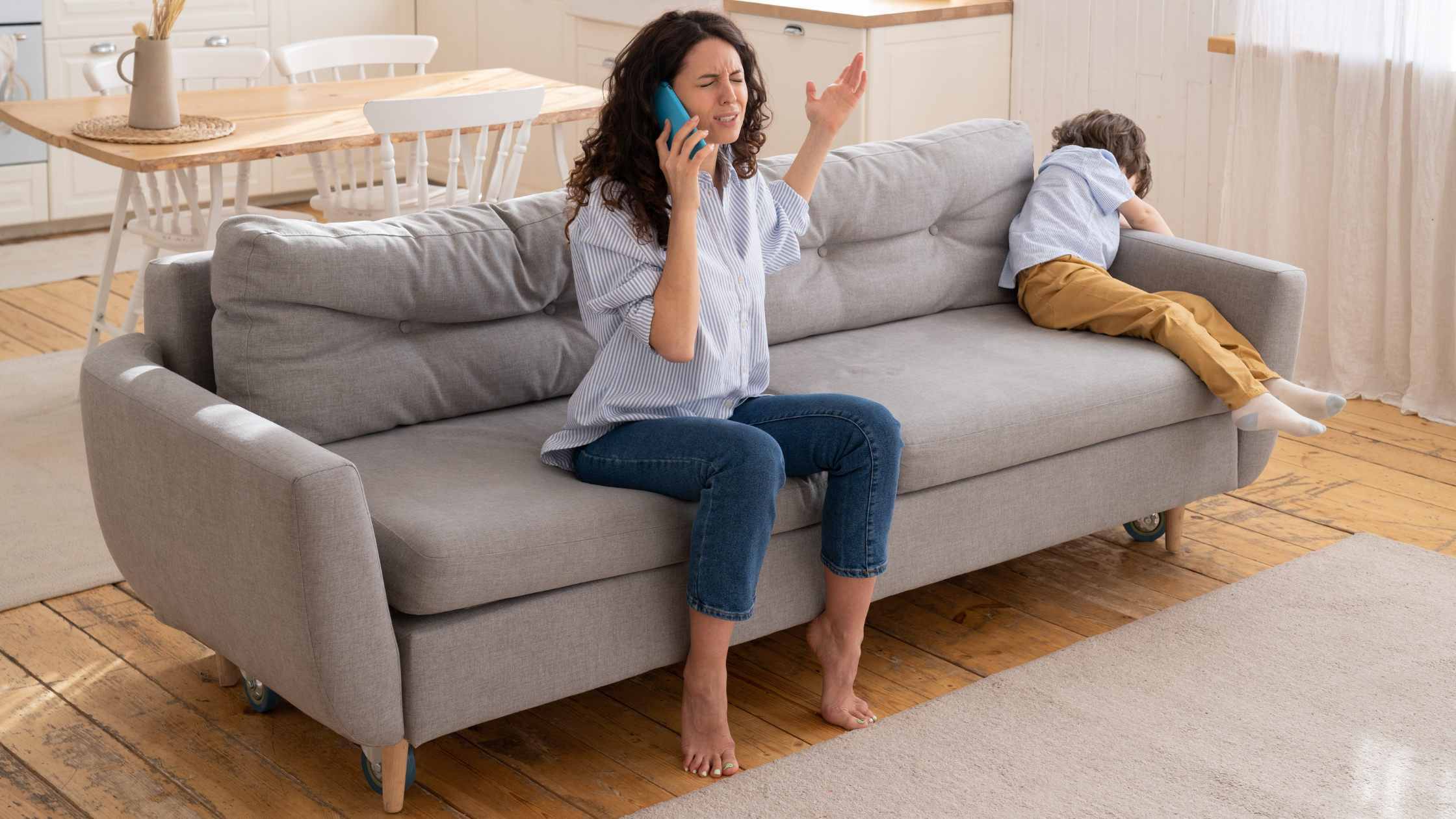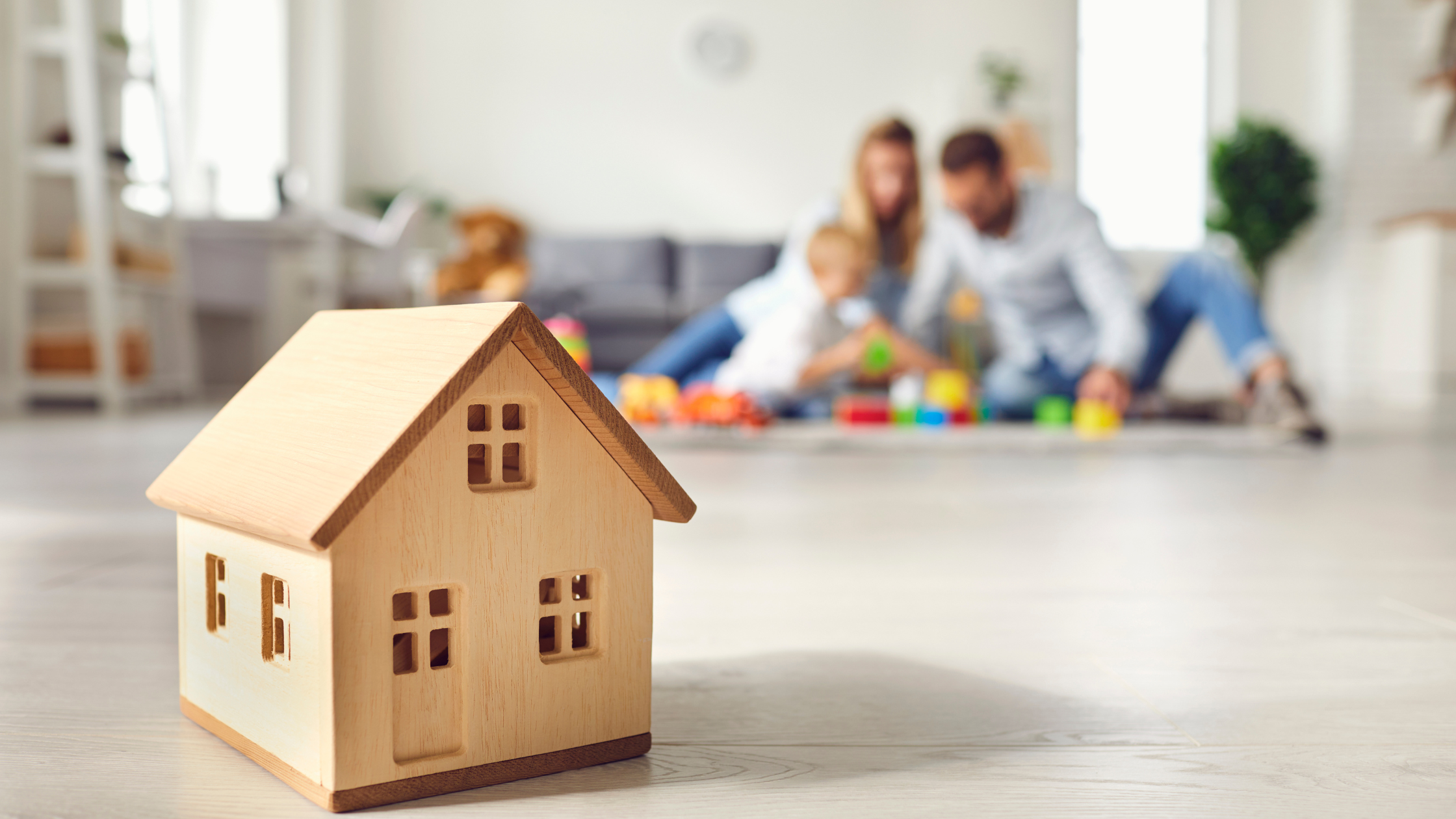As humans, we’re emotional beings. We experience frustration, joy, anger, disappointment, and shame. This is part of the human experience. But children are still learning this – and they need support in identifying, understanding, and regulating these emotions.
This is where parents and guardians come in. You may not be a mental health professional and you may still be learning how to manage your own emotions, but you have a unique opportunity to help your children cope with difficult emotions.
We explain what a healthy emotional climate looks like and what practical changes you can make in your home to support your child’s emotional health.
How To Positively Influence Your Child’s Emotion Regulation
Supported by numerous studies, the Tripartite Model of Emotion Regulation model suggests that parents impact their children’s emotion regulation through three mechanisms: observation of the parents’ own emotion regulation, emotion-related parenting practices, and the emotional climate of the family.
Focusing on these key areas, parents can help their children with identifying emotions, practicing emotion regulation, and establishing positive social and emotional health.
Model Healthy Emotion Regulation Practices
You may think holding back or shielding your emotions from your child is beneficial, but Tamara Glen Soles, PhD, a psychologist in Quebec, says it’s actually “a disservice to your children who could benefit from seeing trusted adults experience a full range of emotions and demonstrate that even intense, uncomfortable emotions can be tolerated and worked through.”
One of the best things you can do is express your own emotions constructively, problem-solve aloud, and actively engage in coping strategies when stressed, Dr. Soles explains. This could look like deep breaths, admitting aloud, “I’m feeling frustrated, so I’m going to take a walk to calm down,” or simply explaining what coping strategies you are using at that moment.
Guide And Coach Your Child Through Their Emotions
Any time your child feels an undesirable emotion, such as frustration, sadness, or jealousy, you can help them identify, process, and manage this emotion. Studies show that children of parents who coach them through their emotional experiences are more likely to possess enhanced emotion regulation skills – and conversely, children of parents who respond negatively to their emotions tend to have heightened emotional arousal (which could present as anger, anxiety, frustration, or guilt).
Coaching or guiding your child through the emotion often starts with validating your child’s feelings. You can say “I’m wondering if you’re feeling frustrated right now. Do you want to talk about it?” or “How does that make you feel?” You can then suggest that the two of you take a moment to practice a coping strategy, such as using deep breathing techniques. You can also encourage your child to engage in some kind of movement, such as play or taking a walk.
“It’s helpful to remind children that even though some emotions are uncomfortable, emotions aren’t inherently good or bad. They are natural reactions that can be tolerated. Even uncomfortable emotions will pass. Parents need to convey confidence in their child’s ability to handle big feelings rather than trying to distract a child from their feelings or ‘shut down’ the feeling because it makes them uncomfortable,” Dr. Soles says.
Build A Healthy Emotional Climate Within The Household
In a healthy emotional climate, a child feels safe, valued, and understood, Dr. Soles explains, and this usually involves open communication, emotional support, and positive interactions. In this type of home environment, your child should feel comfortable experiencing any and all emotions; it’s how they handle those emotions that matters, though.
Here are some practical ways you can work on building a healthy emotional climate:
-
Set aside time for regular family discussions and collaboration
-
Be emotionally available and responsive to your child
-
Encourage self-expression through activities like art or play
Being present, listening, and attending to your child’s emotional needs is important. If your child has a bad dream or lost their favorite toy, you can focus on comforting them. If you get visibly frustrated or upset with your child, you can apologize to your child and explain why that happened and what you’ll do to prevent that from happening again.
Recognizing Your Role In Your Child’s Emotional Health
When one person in your household is upset, it has a way of spreading to others, doesn’t it? This phenomenon has been studied and is known as “emotion contagion.” Studies have found that negative emotionality may actually induce negative emotions in children – and can occur as early as infancy.
It’s easy to assume that your child doesn’t notice when you’re upset or dealing with stress or anger or frustration, but children are very perceptive and studies show that a parents’ traits and behaviors have a direct influence on their child’s emotional health, which can be both good and bad. When you act calmly in stressful situations or when you engage in risky behaviors in response to difficult emotions, your child will take notice. The opposite can also be true, but positive emotions haven’t been studied as thoroughly.
In addition to parental reactivity, emotional regulation, and mental health, your family history also plays a role in your child’s emotional health. Additionally, studies show that a parent’s beliefs regarding emotions, as well as their own parent–child relationship and attachment status can impact the child’s emotion regulation.
How To Know You’ve Built A Healthy Emotional Climate
You can’t change certain things like your family history or your own history of mental illness, but you can build a healthy emotional climate in your home. Here are things Dr. Soles recommends doing to foster this:
-
Creating predictable daily routines
-
Actively listening when your child speaks to you
-
Praising your child for positive behaviors like cleaning up toys or putting their dirty plate in the sink
-
Responding with empathy when your child has a big feeling (“that is frustrating,” or “I understand that this is making you feel sad.”)
-
Showing curiosity and compassion for your child, such as asking them about their day or how they feel about a certain activity or event
“Active listening, maintaining consistent routines, and using positive reinforcement” are all positive responses that you can practice in your home, Dr. Soles says, and all support healthy emotion regulation.
Want to learn more about parenting a child’s emotional well-being? Listen to the podcast episode Science of Parental Well-Being featuring Dr. Amanda Sheffield Morris.
Are you looking for a community that helps you be the parent you want to be for your child, learn how to tackle challenging parenting issues and feel connected to yourself?
Join our wait list for the Reflective Parent Community.


